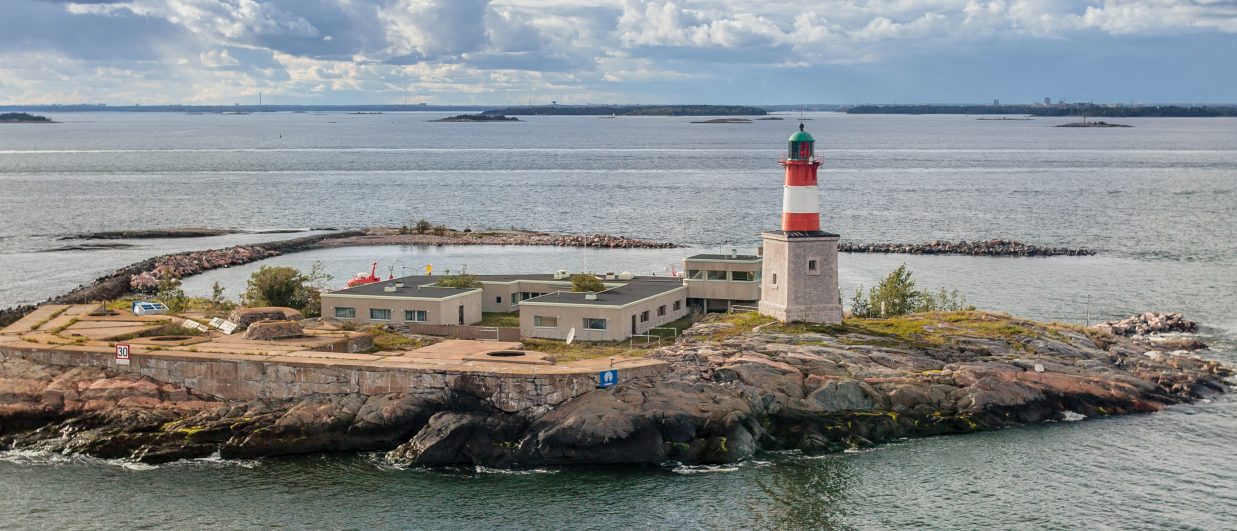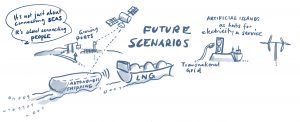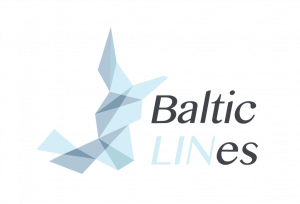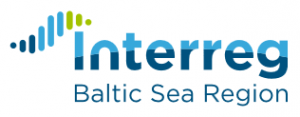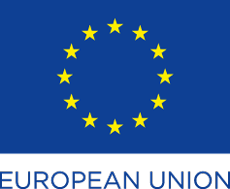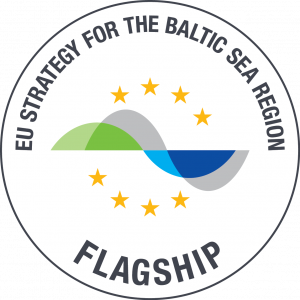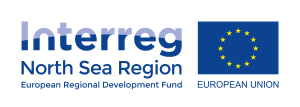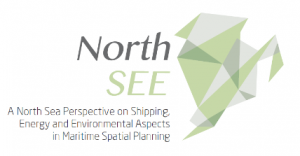Workshop Future Scenarios
Workshop ‘Future scenarios’
Where do we want to be in the future?
Shipping is one of the most economically important sectors using both the North and the Baltic Sea, but it is not the only one. Another ‘traditional’ sector is fisheries, which is a very dynamic sector changing the location of its activities continuously. Nature protection as well as marine tourism and recreation has started to claim larger portion of the marine space but the most visible is recent increase of demanded for generating and transferring the renewable energy at sea. And all these uses cannot always coexist with each other.
Maritime Spatial Planners need to integrated the spatial demands of the shipping and energy sectors in their plans. They can do this by designating specific space in their spatial plans by creating the priority or reservation areas. Most important however is that the spatial plan is not only taking into account the current patterns but should also accommodate future sectors’ interest.
This means that planners need to understand how much marine space potentially is necessary on which location, for example, in 2030 or 2050 for various sea uses. While this is hard to determine such thinking can be informed by scenarios discussing what might happen under certain circumstances and where this might occur. An example is autonomous shipping. Planners must understood what does this mean in spatial terms: more or less space, lesser of bigger conflicts with other uses etc?
Both projects – Baltic LINes and NorthSEE – had deeply analysed the shipping and energy (both production and transfer) trends, demands and challenges facing maritime spatial planning.
We want to share with you our findings, quarell a bit on facts, verify them, brainstorm on future and try to translate them into spatial consequences.
Join our session and help us to understand!
Presentations and speakers
Download by clicking on presentation title
- Future of shipping. Magda Matczak, Maritime Institute in Gdansk and Kirsty Wright, Marine Scotland
- Strategis partnership for Marine Spatial Planning. Kerstin Schiele Leibniz-Institute for Baltic Sea Research Warnemünde and Malena Ripken, Germany COAST – Centre for Environment and Sustainability Research, University of Oldenburg
- PROgress on Meshed HVDC Offshore Transmission Networks (PROMOTioN). Ceciel Nieuwenhout, Groningen Centre of Energy Law, University of Groningen
